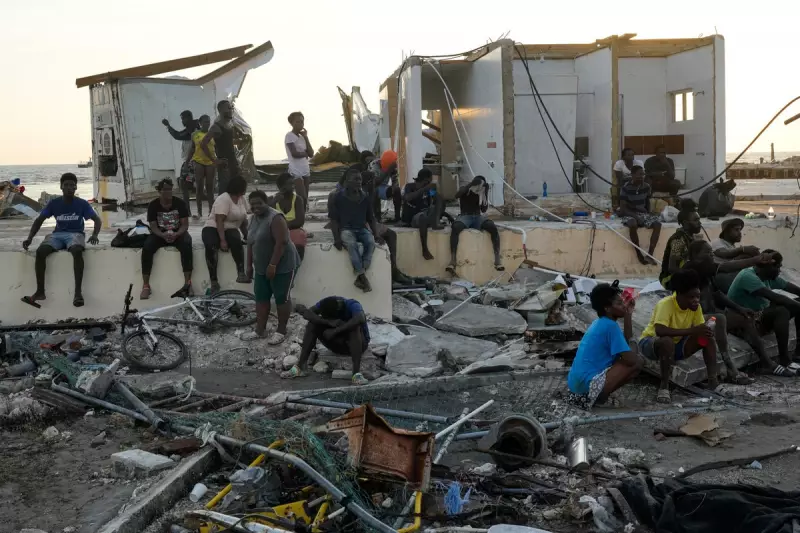
In a controversial move that has drawn criticism from human rights organisations, Jamaican authorities have repatriated 38 Haitian nationals, including several children, back to their crisis-stricken home country.
Humanitarian Concerns Ignored
The group, which consisted of 37 Haitians and one Jamaican citizen who had been residing in Haiti, was returned on Tuesday despite widespread international concern about conditions in the Caribbean nation. The deportation comes as Haiti grapples with extreme gang violence, political instability, and a deepening humanitarian emergency.
Official Statement vs Reality
Jamaica's National Security Ministry stated the individuals were "assisted to return" after arriving in small groups via boat over recent months. However, this official language contrasts sharply with accounts from human rights advocates who argue returning people to Haiti amounts to endangering their lives.
"The situation in Haiti remains dire," said a representative from Human Rights Watch. "Forcing people to return to active conflict zones and widespread violence raises serious human rights concerns under international law."
Regional Migration Crisis Escalates
The incident highlights the growing migration crisis affecting Caribbean nations as political and economic instability drives people to seek safety elsewhere. Neighbouring countries, including the Dominican Republic and Bahamas, have also implemented strict measures against Haitian migrants.
Key concerns raised by advocacy groups include:
- The safety of vulnerable individuals, particularly children
- Access to proper asylum procedures and fair hearings
- The deteriorating security situation in Haiti affecting basic human rights
- Regional responsibility for humanitarian protection
International Response
United Nations agencies have repeatedly warned against forced returns to Haiti, where essential services have collapsed and armed groups control significant territory. The international community continues to monitor the situation closely as Caribbean nations navigate their response to the ongoing crisis.
This deportation raises important questions about regional responsibility and the protection of vulnerable migrants during times of humanitarian emergency.





